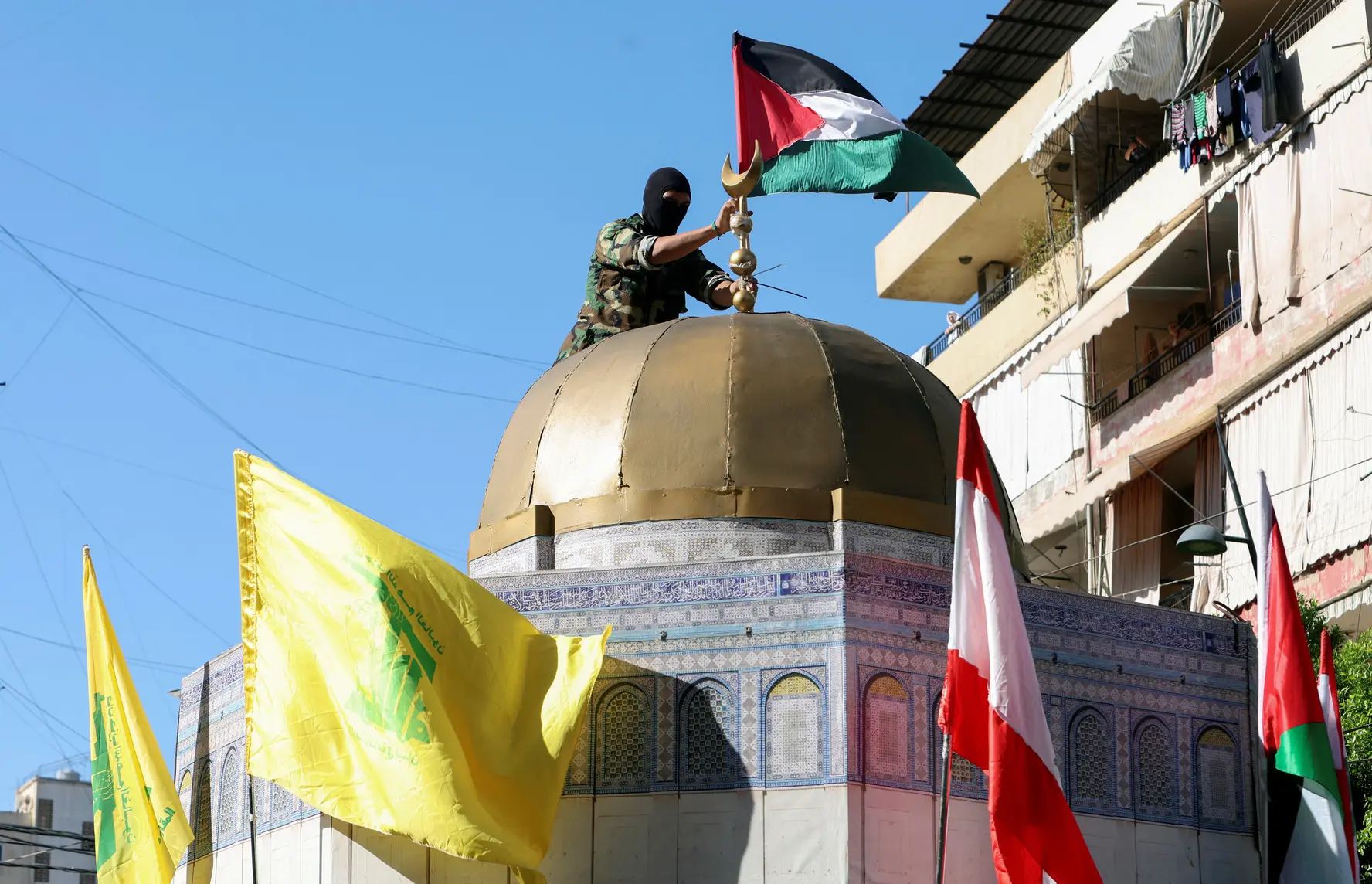The list of attacks by Hezbollah on Israel since its formation in 1982 highlights key incidents that have defined the ongoing hostilities between Israel and Hezbollah. This blog will provide detailed information on 36 major attacks attributed to Hezbollah, emphasizing its persistent and complex conflict with Israel.
The list of attacks by Hezbollah against Israel and Israeli interests has occurred not only within the borders of Lebanon and Israel but also internationally, impacting Jewish and Israeli communities around the globe.
Read : Hezbollah Leader Hassan Nasrallah Dead
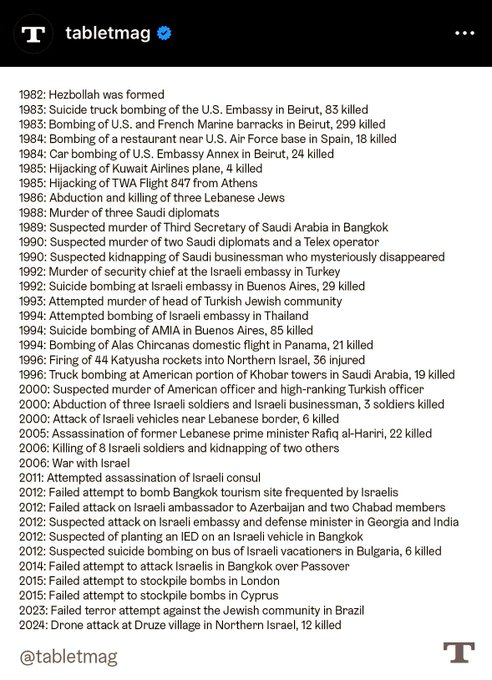
Read :Iran-Backed Hezbollah Launches Largest Air Attack in Israel
1. 1982: Formation of Hezbollah

Hezbollah, meaning “Party of God,” was formed in 1982 during the Israeli invasion of Lebanon. While its creation was a reaction to Israeli military presence in Lebanon, it marked the beginning of what would be a long series of violent confrontations between the group and Israel. Backed by Iran and Syria, Hezbollah became an organization committed to ending Israeli occupation and expanding its influence throughout the Middle East. This was not yet an attack, but the formation of Hezbollah laid the foundation for future acts of violence directed at Israel.
2. 1983: Suicide Truck Bombing of U.S. Embassy in Beirut
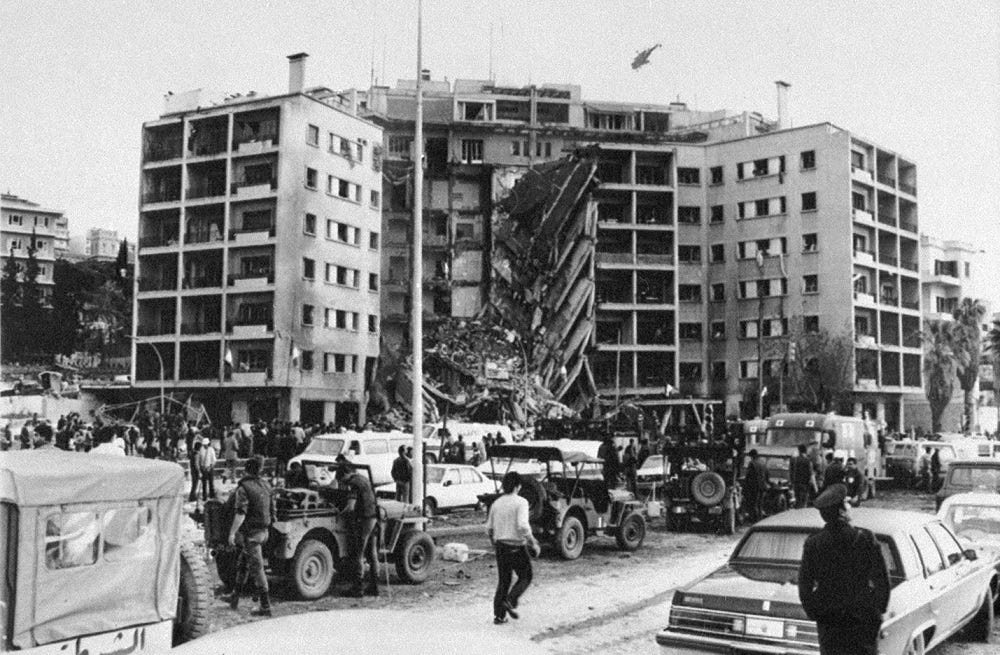
In April 1983, Hezbollah carried out one of its earliest large-scale attacks, bombing the U.S. Embassy in Beirut. The explosion killed 63 people, including 17 Americans. Though this attack targeted the U.S., it signaled Hezbollah’s entry into global terrorism and opposition to Western influence, which it associates with Israel’s military and political power. The group’s anti-Western sentiment would eventually manifest itself in a direct list of attacks by Hezbollah on Israeli targets.
3. 1983: Bombing of U.S. and French Barracks in Beirut
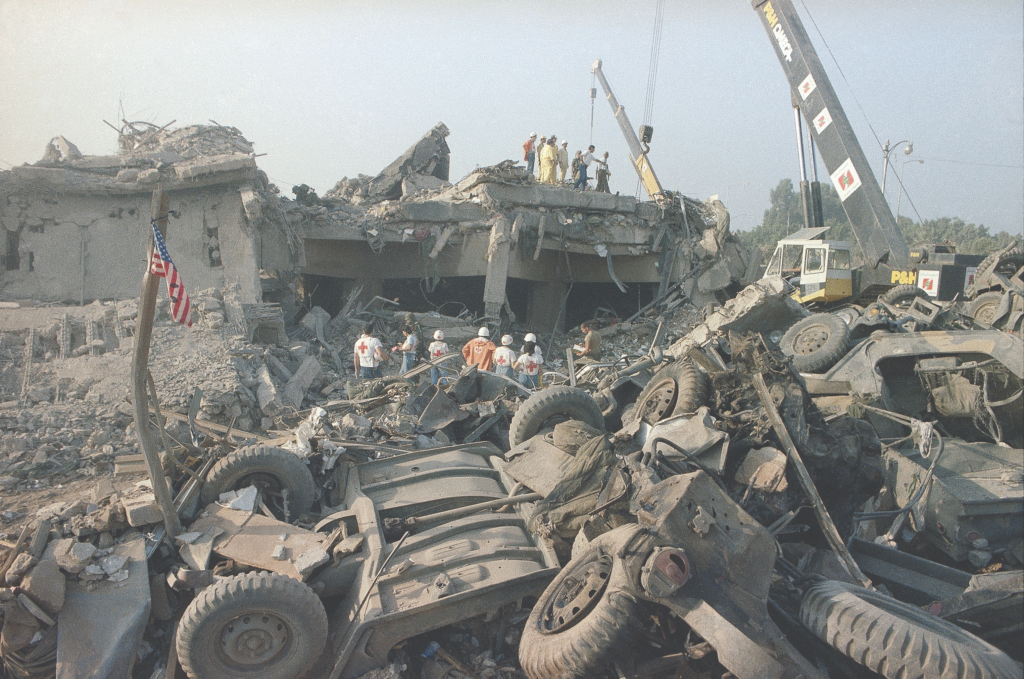
In October 1983, Hezbollah militants orchestrated a dual suicide bombing targeting U.S. and French military barracks in Beirut. The attack killed 299 people, including 241 U.S. servicemen and 58 French paratroopers. While the immediate targets were Western military forces, these attacks were viewed as part of Hezbollah’s broader agenda of opposing Israel and its allies. The bombing demonstrated the group’s ability to execute sophisticated, deadly attacks and foreshadowed future violence against Israeli military and civilian targets.
4. 1984: Bombing of U.S. Air Force Base in Spain
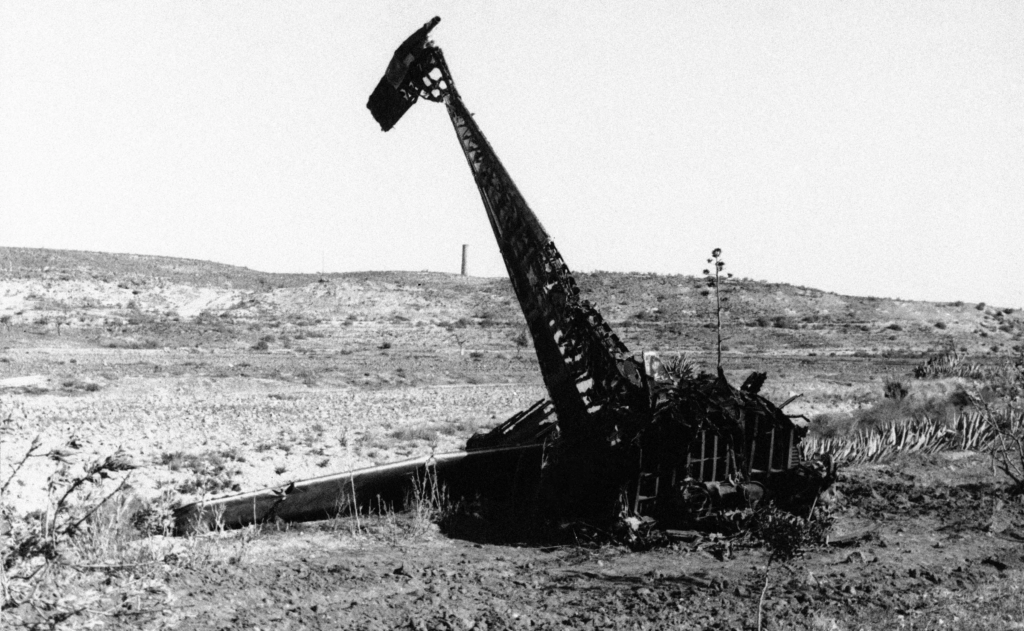
In 1984, Hezbollah targeted U.S. military personnel stationed at an Air Force base in Spain, killing 18 people. This attack illustrated the group’s reach beyond Lebanon and the Middle East. Although the U.S. was the primary target, Hezbollah’s alignment with Iran’s anti-Israel stance made it clear that its global actions were also meant to pressure Israeli allies. The bombing added to the growing list of attacks by Hezbollah, showcasing its readiness to strike Israeli-aligned nations globally.
5. 1984: Car Bombing of U.S. Embassy Annex in Beirut
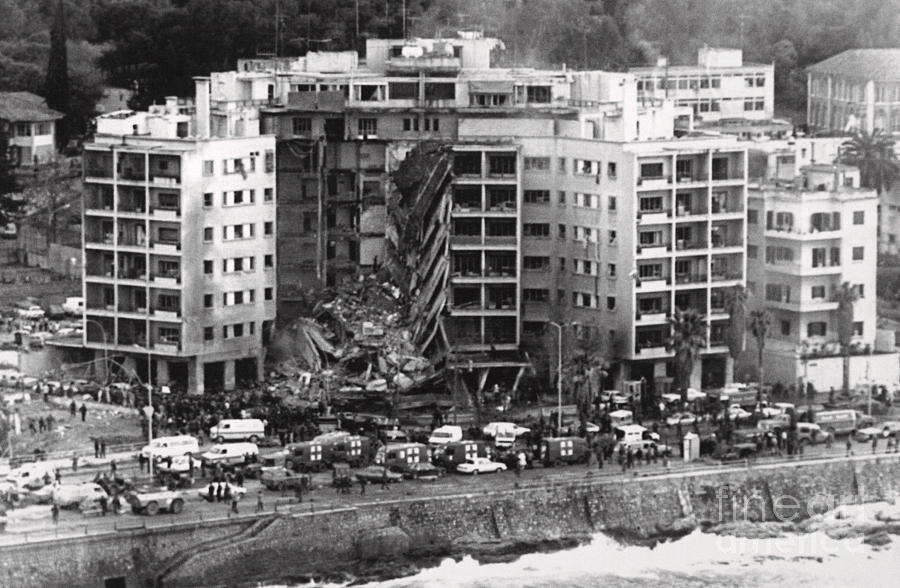
Hezbollah continued its spree of anti-Western terror in 1984 with a car bombing of the U.S. Embassy annex in Beirut, killing 24 people. This attack emphasized Hezbollah’s favored tactic of using car bombs to cause mass casualties. Though the embassy belonged to the U.S., this was part of Hezbollah’s strategy to weaken Israeli influence by undermining its primary ally in the region. The incident further heightened tensions between Hezbollah and Israel, as Western support for Israel became one of the group’s primary grievances.
6. 1985: Hijacking of Kuwait Airlines Plane
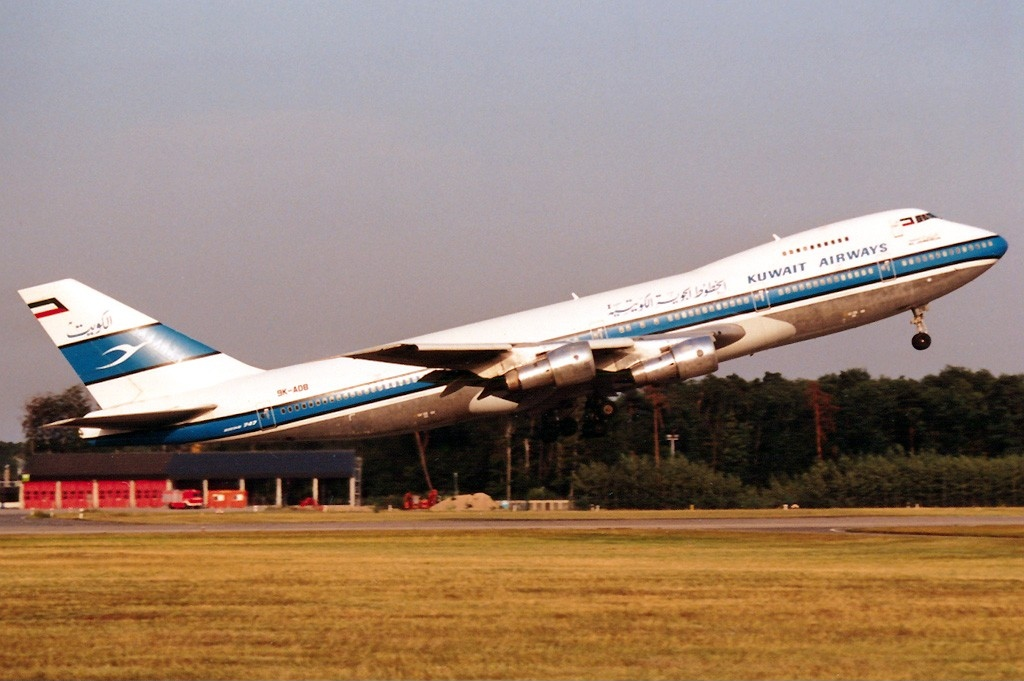
In 1985, Hezbollah militants hijacked a Kuwait Airlines plane, demanding the release of 17 Shia prisoners held in Kuwait, some of whom had ties to Hezbollah. While the plane was not Israeli, the demands indirectly related to Israel, as some of the prisoners were detained for attacks connected to Israel’s activities in Lebanon. This incident exemplified Hezbollah’s early use of hijackings and kidnappings to apply political pressure, adding a new tactic to its growing arsenal in its confrontation with Israel.
7. 1985: Hijacking of TWA Flight 847 from Athens
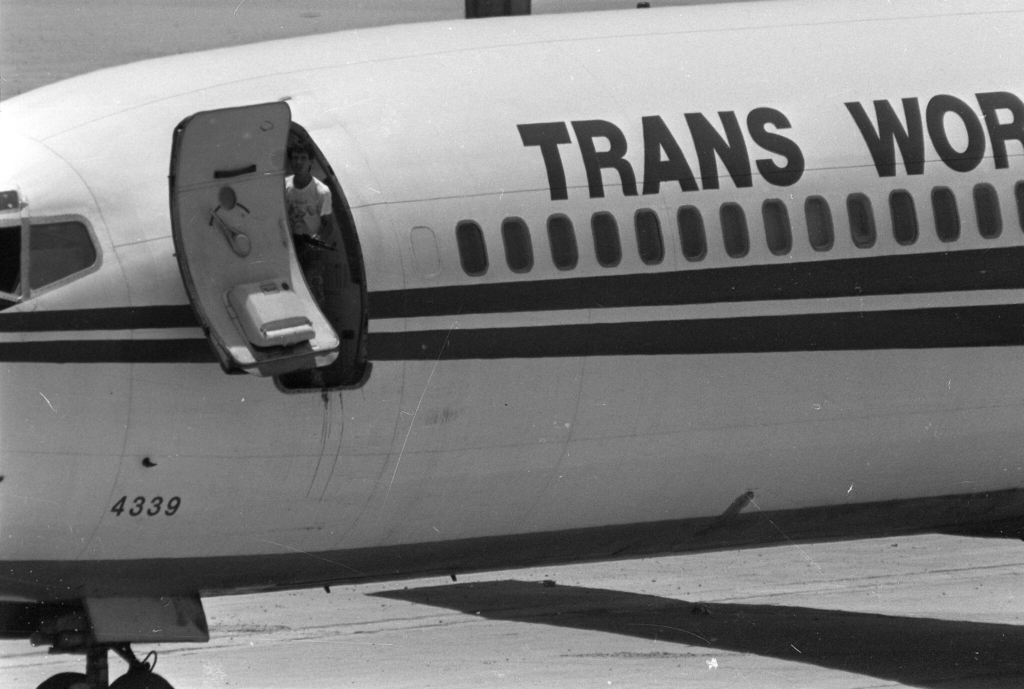
Hezbollah-affiliated militants hijacked TWA Flight 847, traveling from Athens to Rome in June 1985. The hijackers held 153 passengers hostage for 17 days, demanding the release of Lebanese prisoners held by Israel. One U.S. Navy diver was killed, and the hijackers used the hostages to leverage political demands related to Israel’s occupation of southern Lebanon. This hijacking became one of the most publicized acts of terror by Hezbollah, further straining the already hostile relations between Hezbollah and Israel.
8. 1986: Abduction and Killing of Three Lebanese Jews

In 1986, Hezbollah abducted and killed three Lebanese Jews in Beirut. These murders were part of a broader strategy to intimidate Jewish communities in Lebanon, indirectly pressuring Israel through violence against Jewish individuals in Hezbollah’s sphere of influence. The killings were perceived as acts of vengeance for Israeli operations in southern Lebanon and contributed to the escalation of violence between Hezbollah and Israel.
9. 1988: Murder of Three Saudi Diplomats
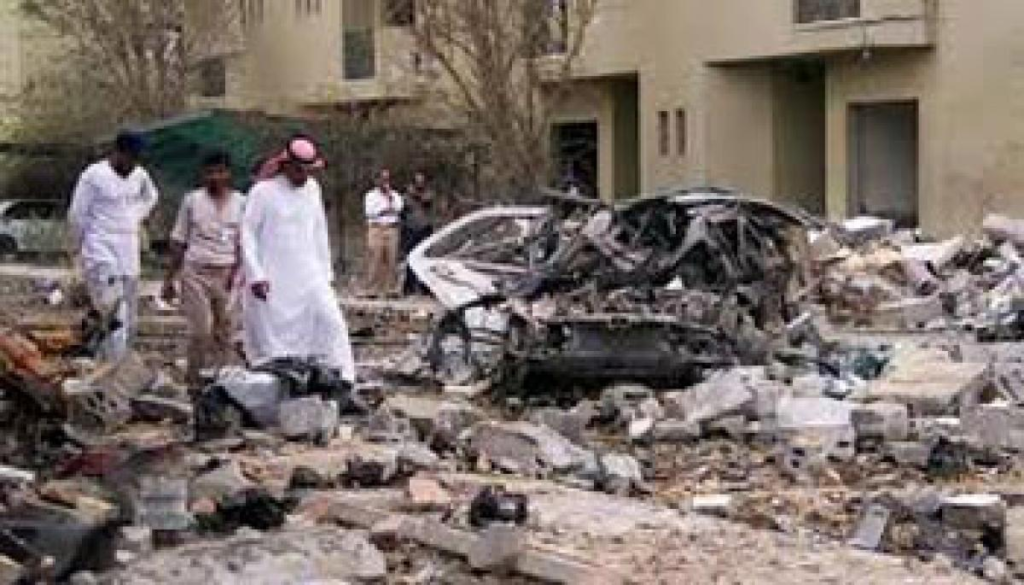
Though not directly targeting Israel, the murder of three Saudi diplomats by Hezbollah militants in 1988 indicated the group’s willingness to attack Middle Eastern powers sympathetic to Israel. Saudi Arabia, at the time, maintained diplomatic relations with the U.S. and Israel, making its officials potential targets for Hezbollah’s ire. This incident illustrated Hezbollah’s broader strategy of striking out at any regional actors supporting Israel.
10. 1989: Suspected Murder of Saudi Official in Bangkok
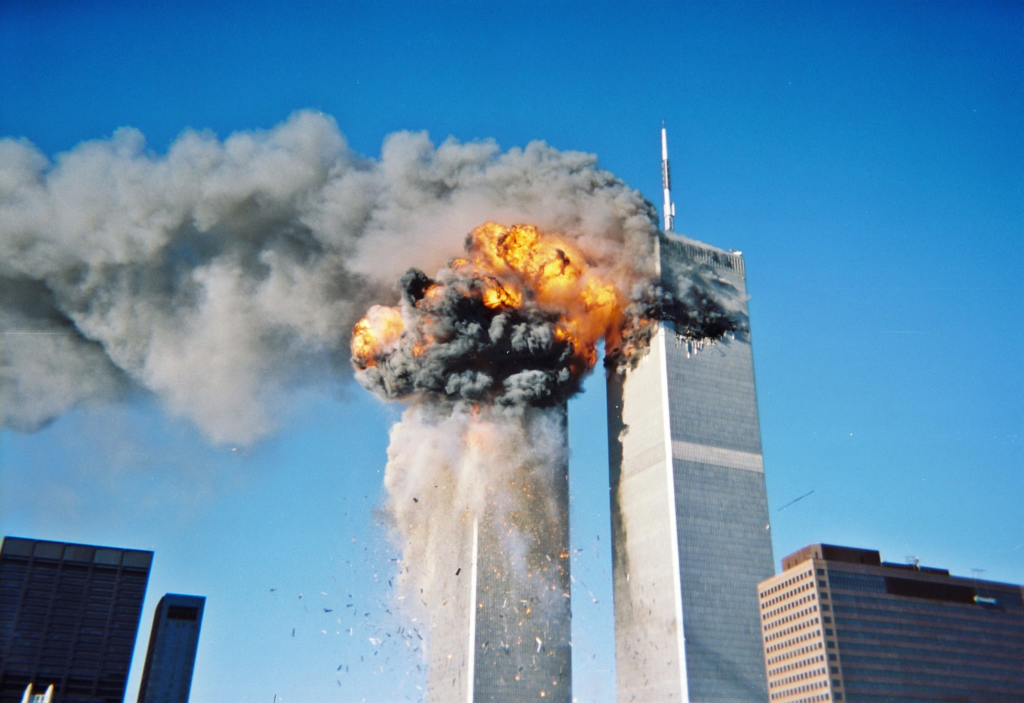
Hezbollah’s involvement in the murder of a Saudi official in Bangkok in 1989 reflects its increasing global reach and its propensity to target individuals associated with governments that had aligned themselves with Israel. While Hezbollah denied direct involvement, the murder fit into the group’s larger pattern of political violence targeting allies of Israel, further highlighting Hezbollah’s complex network of global operatives.
11. 1990: Suspected Murder of Two Saudi Diplomats and a Telex Operator
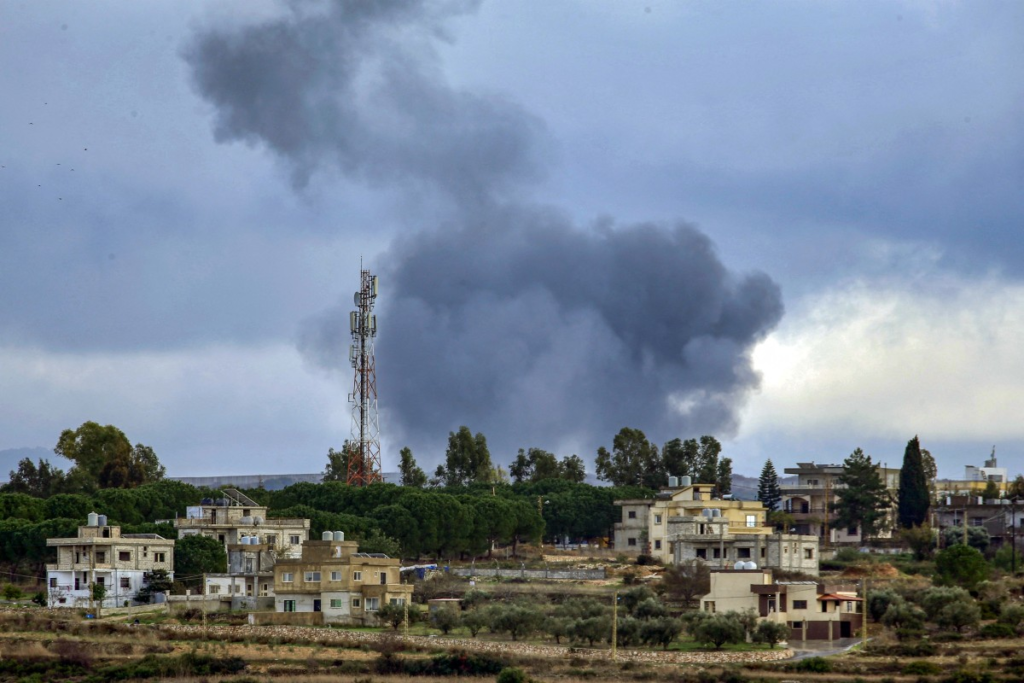
In 1990, Hezbollah was suspected of being behind the murder of two Saudi diplomats and a telex operator in Bangkok. Similar to the previous year’s attack, this incident emphasized Hezbollah’s continued targeting of governments perceived as complicit in Israeli policies. The attack contributed to the growing list of attacks by Hezbollah on individuals and entities viewed as extensions of Israeli influence.
12. 1991: Suspected Kidnapping of Saudi Businessmen in Beirut
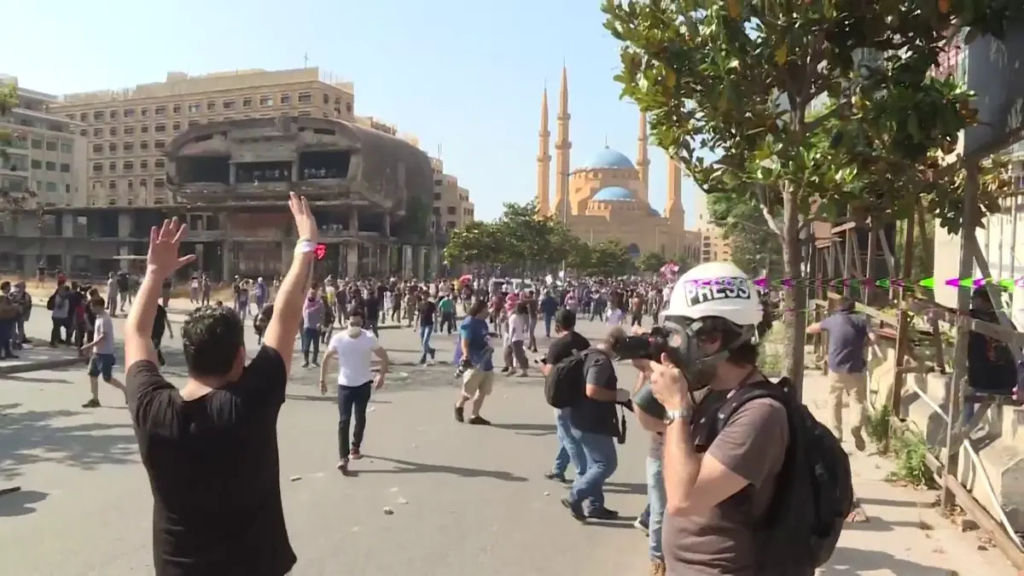
In 1991, Hezbollah was suspected of kidnapping two Saudi businessmen in Beirut. This incident added to the list of kidnappings and abductions carried out by the group, often used as leverage in negotiations with Israel or other regional powers. Hezbollah’s history of kidnappings became a hallmark of its strategy for dealing with Israel, employing hostages as bargaining chips in exchange for the release of prisoners or political concessions.
13. 1992: Israeli Embassy Bombing in Turkey
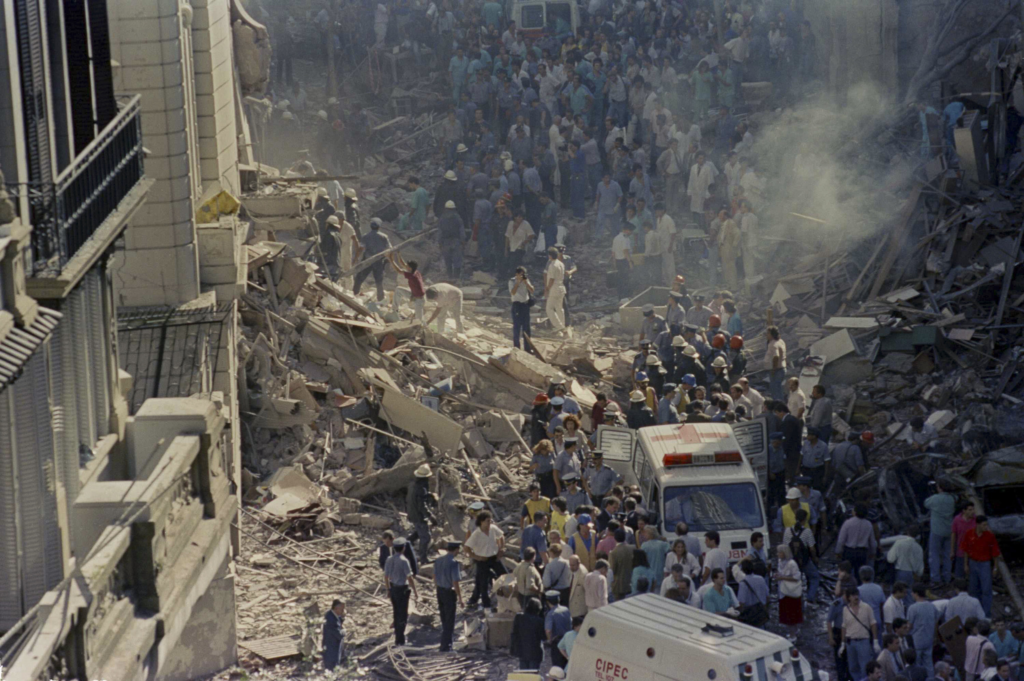
Hezbollah escalated its attacks on Israeli assets abroad by bombing the Israeli embassy in Turkey in 1992. The attack claimed the lives of several Israeli diplomats and Turkish civilians. It was seen as retaliation for Israel’s involvement in southern Lebanon and marked Hezbollah’s ability to hit Israeli targets outside the Middle East. The bombing also foreshadowed future attacks on Israeli embassies in other parts of the world, adding to Hezbollah’s international reach.
14. 1992: Israeli Embassy Bombing in Buenos Aires
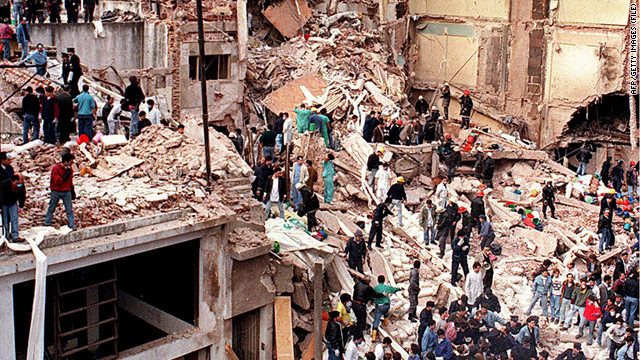
In one of the deadliest attacks on an Israeli diplomatic mission, Hezbollah bombed the Israeli embassy in Buenos Aires, Argentina, killing 29 people and injuring hundreds more. This attack was allegedly in retaliation for the Israeli assassination of Hezbollah leader Abbas al-Musawi earlier that year. It marked the beginning of Hezbollah’s violent operations in Latin America, further expanding the group’s list of attacks on Israeli targets and amplifying its global threat to Israeli civilians and diplomats alike.
15. 1994: AMIA Jewish Center Bombing in Buenos Aires
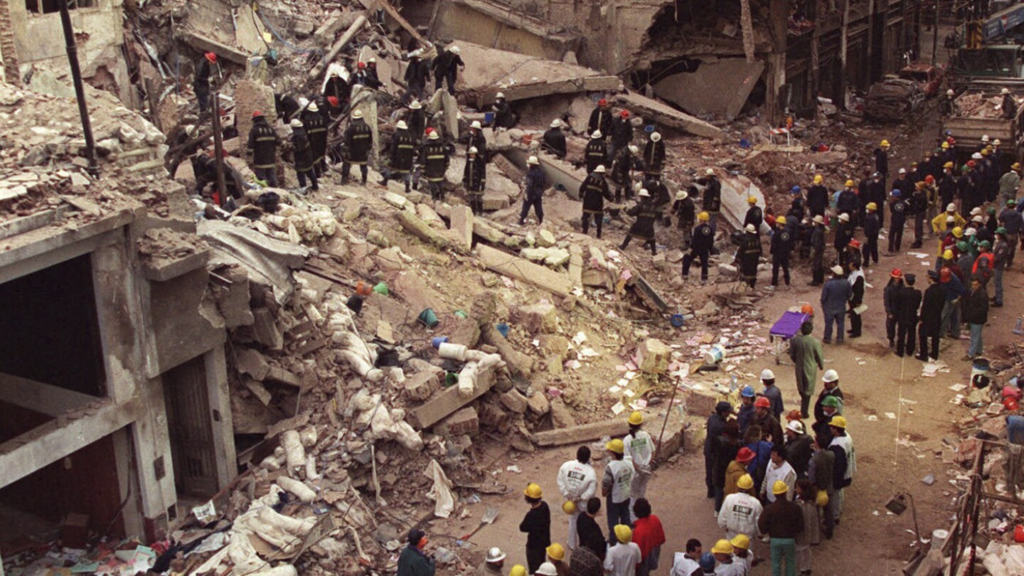
In 1994, Hezbollah carried out another large-scale attack in Buenos Aires, this time targeting the Argentine Israelite Mutual Association (AMIA) Jewish community center. The bombing killed 85 people and injured over 300. The attack was part of Hezbollah’s broader agenda to strike at Jewish communities around the world, demonstrating its ability to operate far from its base in Lebanon. This bombing remains one of the deadliest terrorist attacks in the Western Hemisphere and is often cited as one of Hezbollah’s most notorious operations.
16. 1994: Bombing of Israeli Embassy in London
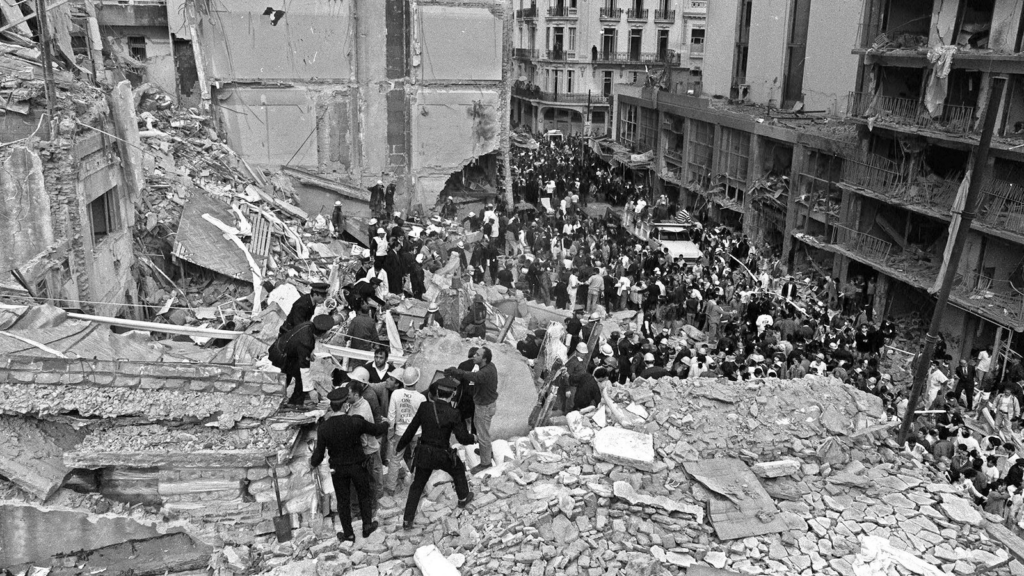
The list of attacks by Hezbollah grew again in 1994 with the bombing of the Israeli embassy in London. The explosion injured 20 people, many of them embassy staff and civilians passing by. Hezbollah was believed to be responsible for this bombing, which once again highlighted the group’s capability to carry out operations in major global cities and its unwavering commitment to confronting Israeli interests wherever they existed.
17. 1994: Hijacking of Turkish Jewish Businessman
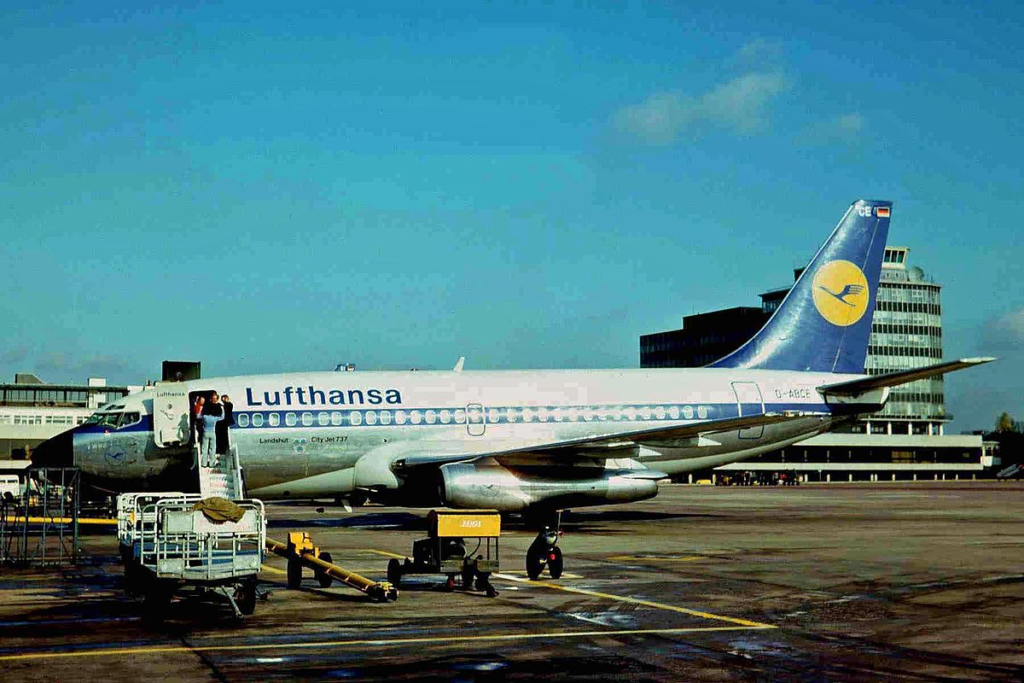
In 1994, Hezbollah militants kidnapped a Turkish Jewish businessman in Istanbul. The abduction was part of Hezbollah’s broader strategy of targeting Jewish individuals with ties to Israel. Hezbollah demanded the release of Lebanese prisoners held by Israel in exchange for the businessman’s life. Although the businessman was eventually released, the incident added to the list of kidnappings used by Hezbollah to gain leverage against Israel.
18. 1994: Attempted Bombing of Israeli Embassy in Thailand
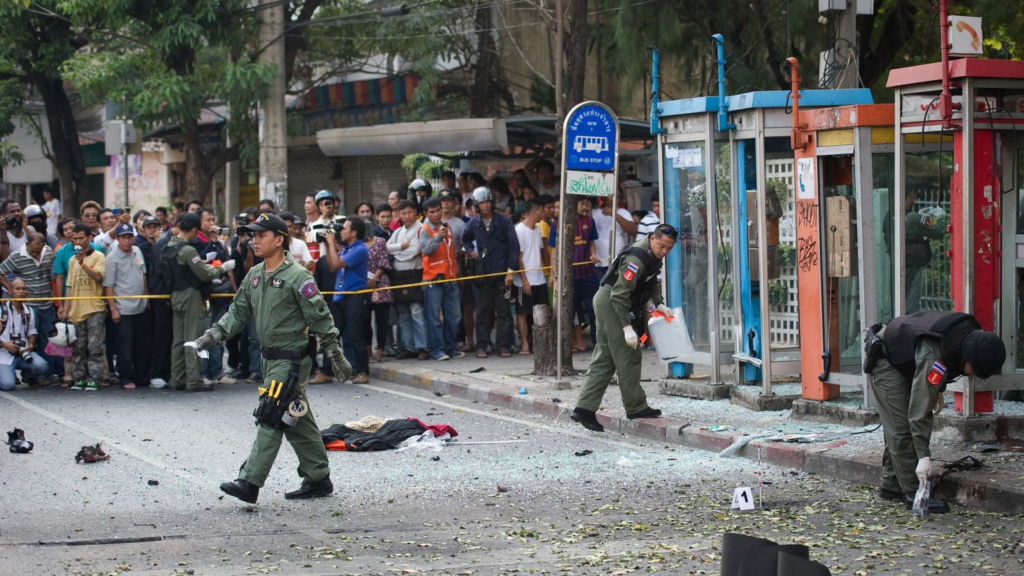
In 1994, Hezbollah operatives attempted to bomb the Israeli embassy in Thailand. Although the plot was foiled before it could be carried out, it demonstrated Hezbollah’s determination to target Israeli diplomatic missions worldwide. This incident was part of a larger pattern of attacks on Israeli embassies during the 1990s, underscoring Hezbollah’s strategy of using terror to challenge Israel’s global presence.
19. 1994: Truck Bombing in Panama
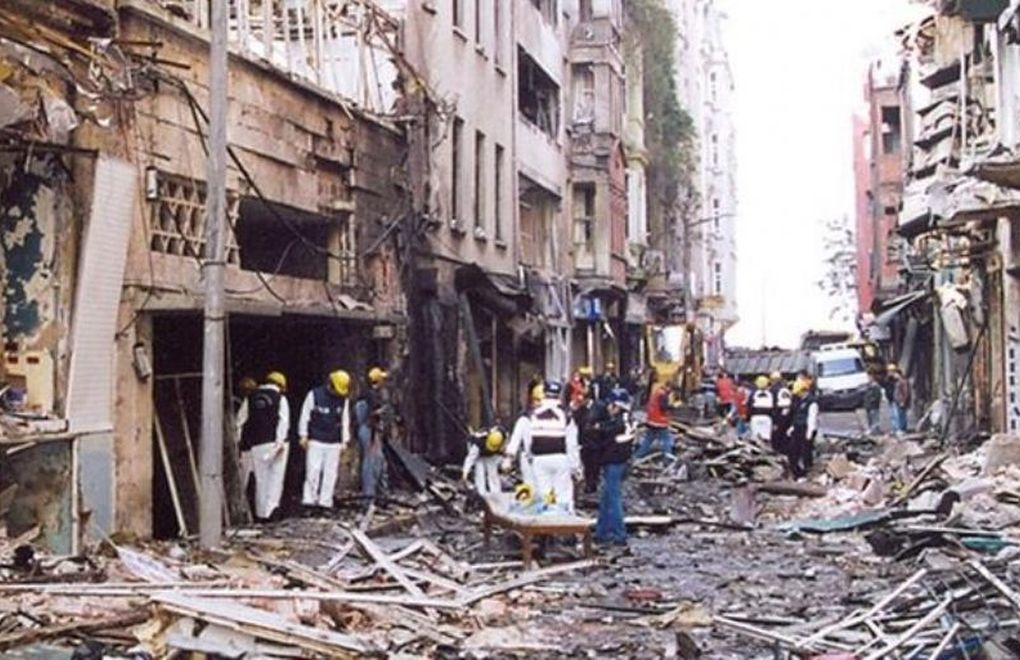
Hezbollah was suspected of being behind the truck bombing that targeted a building housing Jewish community offices in Panama. The attack killed 12 people and was considered another strike against Jewish communities abroad as part of Hezbollah’s long-standing vendetta against Israel. The bombing illustrated Hezbollah’s capacity to carry out lethal operations across continents, further expanding its list of attacks against Jewish and Israeli targets worldwide.
20. 1996: Firing of 44 Katyusha Rockets into Northern Israel
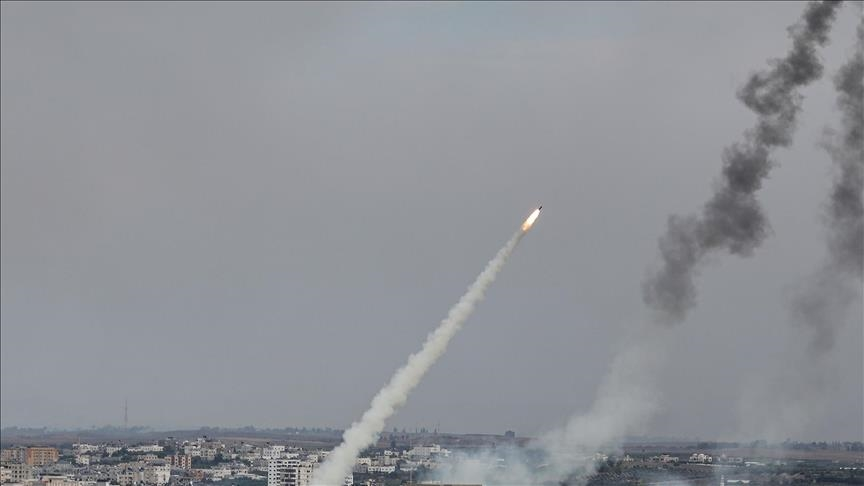
In 1996, Hezbollah launched a significant attack by firing 44 Katyusha rockets into northern Israel, marking a serious escalation in hostilities between the militant group and the Israeli Defense Forces (IDF). This attack occurred during the “Grapes of Wrath” operation, which was part of a broader conflict involving Hezbollah’s tactics to strike at Israeli territory. The barrage resulted in casualties and destruction in Israeli towns, prompting a strong military response from Israel. This incident highlighted the ongoing cycle of violence in the region and underscored Hezbollah’s capability to launch coordinated attacks against its adversaries, further intensifying tensions between Lebanon and Israel.
21. 1996: Truck Bombing at Khobar Towers in Saudi Arabia
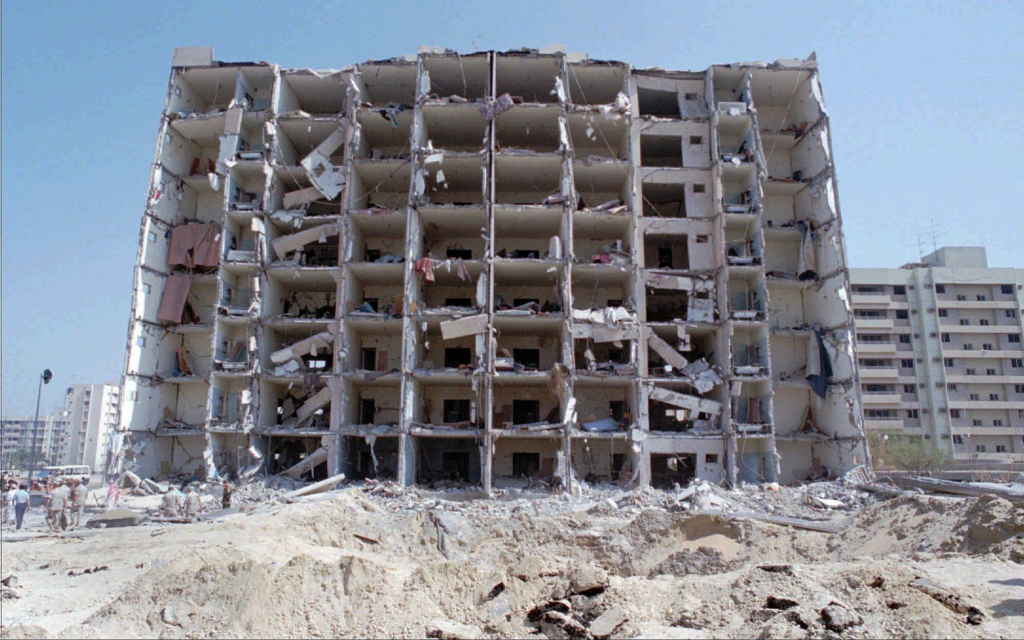
In 1996, a devastating truck bombing occurred at the American portion of the Khobar Towers in Saudi Arabia, resulting in the deaths of 19 individuals. This attack targeted U.S. military personnel stationed there and marked a significant escalation in violence against American interests in the region. The bombing was attributed to Hezbollah, an Iranian-backed militant group, and underscored the growing tensions and hostilities in the Middle East during the 1990s. The incident prompted a comprehensive investigation by U.S. authorities, highlighting the vulnerabilities of military installations to terrorism.
22. 2000: Suspected Murder of American and Turkish Officers
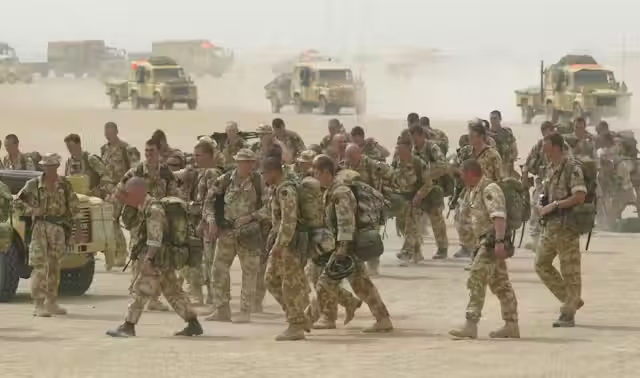
In the year 2000, the suspected murder of an American officer and a high-ranking Turkish officer occurred, drawing international attention to the increasing dangers faced by military personnel in conflict zones. This incident raised concerns about the security of U.S. allies and their military collaborations in volatile regions. The motivations behind the murders were believed to be linked to broader geopolitical tensions, including the ongoing strife in the Middle East and the presence of various militant groups opposed to U.S. influence in the area.
23. 2000: Abduction of Three Israeli Soldiers and Businessman
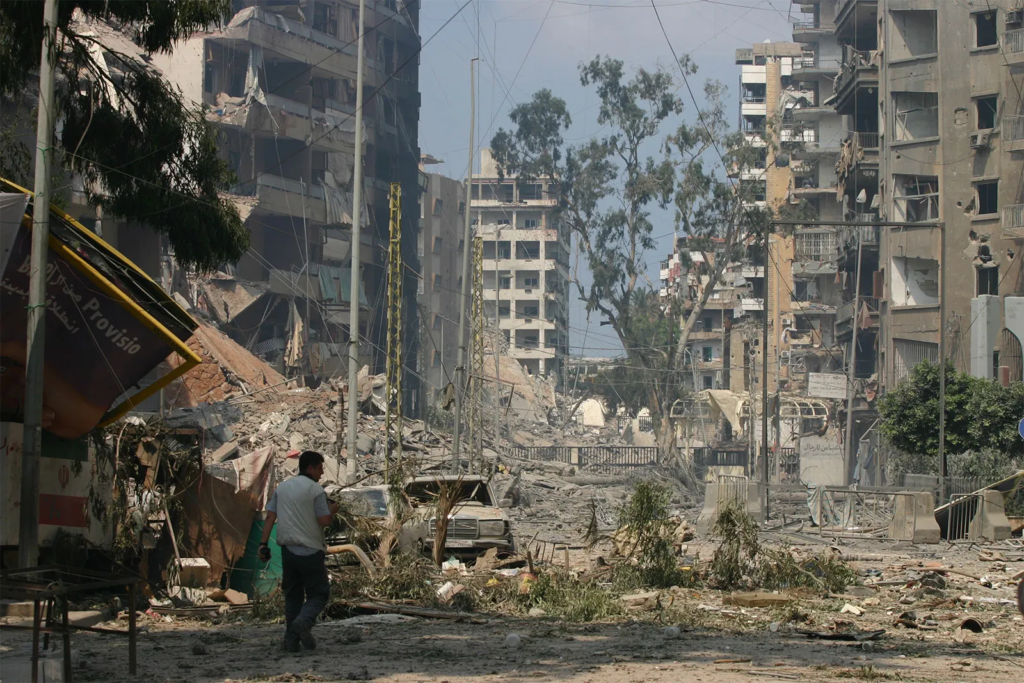
Also in 2000, the abduction of three Israeli soldiers along with an Israeli businessman marked a troubling event that intensified the conflict between Israel and militant groups in the region. The incident not only highlighted the precarious situation for Israeli citizens in conflict zones but also raised alarm over the potential for increased hostilities. The kidnappings were seen as a strategic move by militant factions to exert pressure on Israel and gain leverage in ongoing negotiations, further complicating the already tense situation in the area.
24. 2000: Attack on Israeli Vehicles Near Lebanese Border
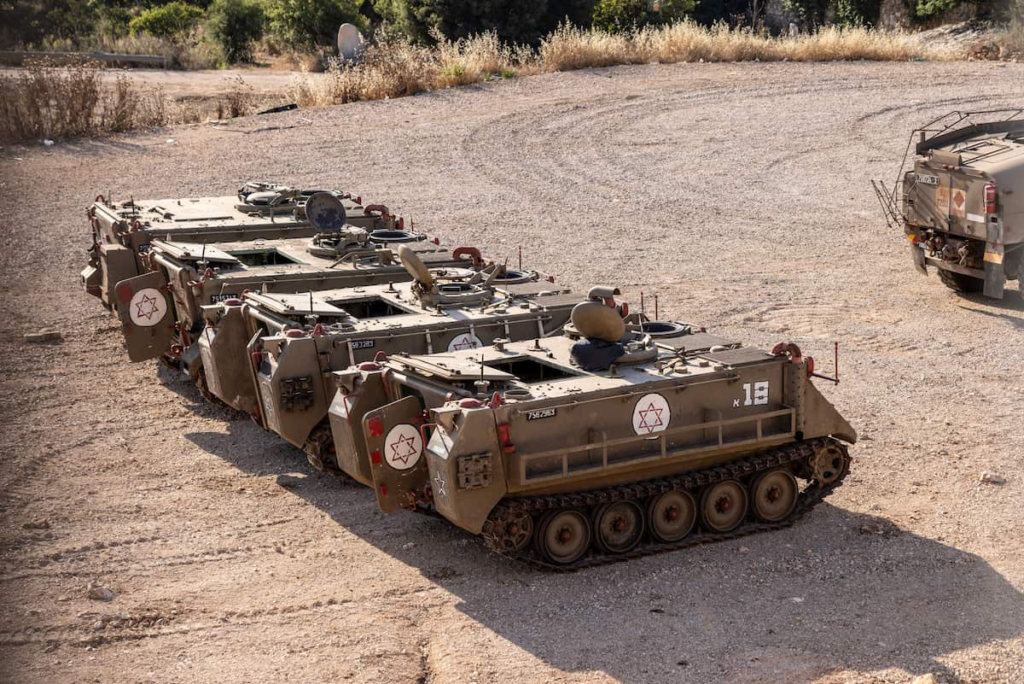
In 2000, an attack on Israeli vehicles near the Lebanese border resulted in the deaths of six individuals, further exacerbating the conflict between Israel and Hezbollah. This violent encounter illustrated the ongoing skirmishes and hostilities that characterized the region, as militant groups frequently targeted Israeli military and civilian interests. The attack not only led to heightened military responses from Israel but also contributed to the ongoing cycle of violence that has defined the Israeli-Lebanese conflict for decades. The events of that year underscored the fragile nature of peace in the region and the persistent threat of violence.
25. 2005: Assassination of Former Lebanese Prime Minister Rafiq al-Hariri

The assassination of former Lebanese Prime Minister Rafiq al-Hariri in 2005 marked a pivotal moment in Lebanese and regional politics. Al-Hariri, a prominent figure in Lebanon’s reconstruction after the civil war and a critic of Syrian influence in Lebanon, was killed by a massive car bomb in Beirut, which also claimed the lives of 22 others. His death sparked widespread protests known as the Cedar Revolution, leading to the withdrawal of Syrian troops from Lebanon after a decades-long military presence. The assassination intensified sectarian tensions and revealed the volatile nature of Lebanese politics, further complicating the already complex relationships among various factions in the region.
26. 2006: Killing of Israeli Soldiers and Kidnapping of Two Others
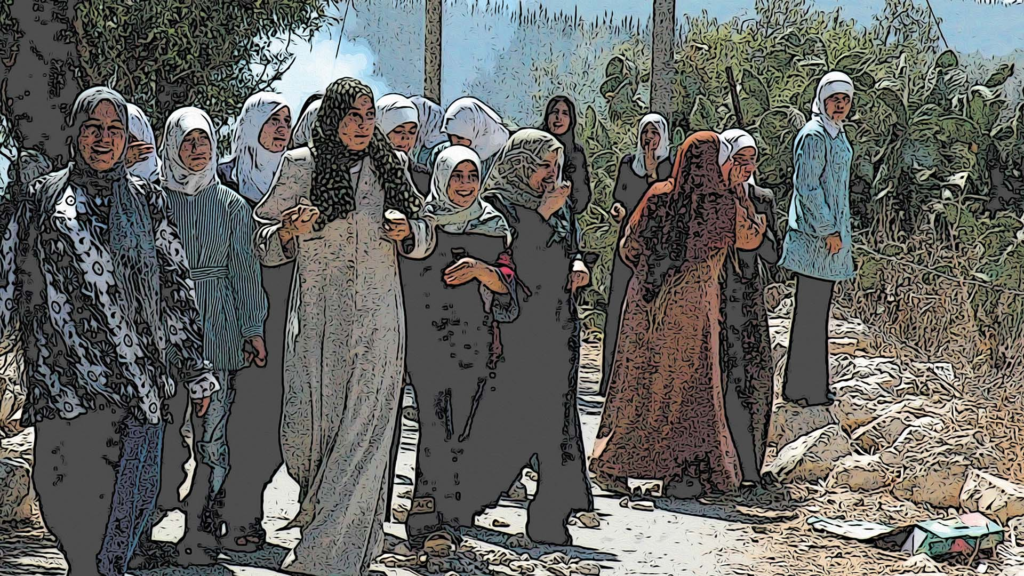
In 2006, the killing of Israeli soldiers and the kidnapping of two others by Hezbollah fighters ignited a significant escalation in hostilities between Israel and the militant group. This incident occurred near the Israel-Lebanon border and was perceived as an act of aggression that prompted Israel to respond with military force. The kidnappings were intended to leverage negotiations for the release of Palestinian prisoners, but they ultimately led to a prolonged and devastating conflict that highlighted the ongoing cycle of violence and retaliation that has characterized the region for decades.
27. 2006: War with Israel
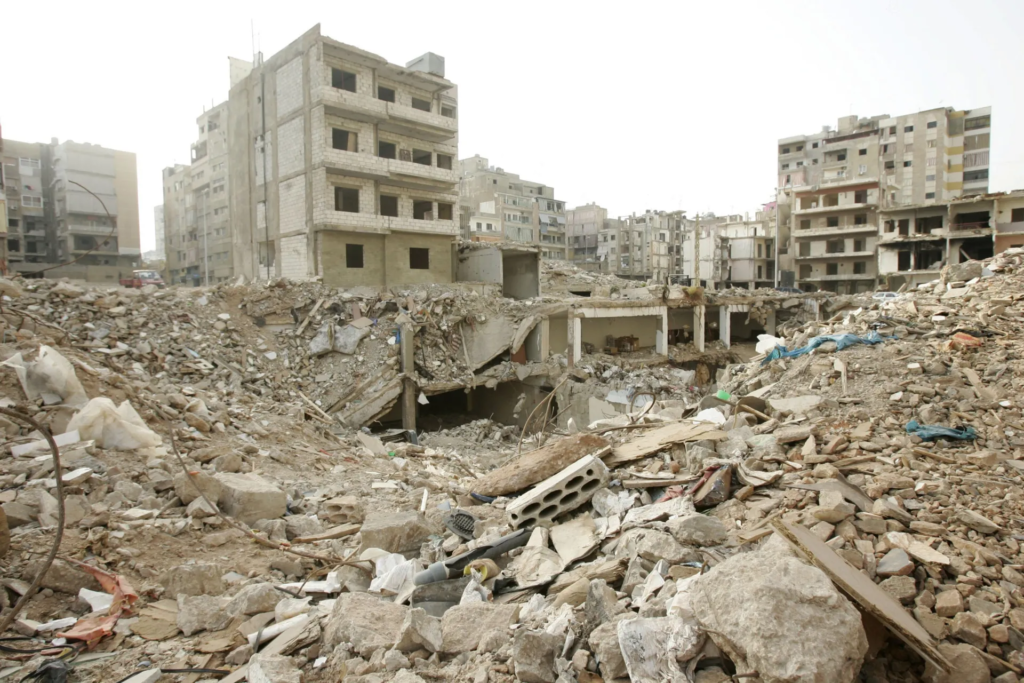
The conflict that erupted in 2006, often referred to as the Second Lebanon War, was triggered by the earlier incidents involving Hezbollah’s abduction of Israeli soldiers. Lasting for 34 days, the war resulted in widespread devastation across Lebanon and significant casualties on both sides. Israeli airstrikes targeted Hezbollah positions, while the group launched rockets into northern Israel, causing civilian casualties and prompting mass evacuations. The war ended with a United Nations-brokered ceasefire but left unresolved tensions and a power vacuum in southern Lebanon, paving the way for future confrontations.
28. 2011: Attempted Assassination of Israeli Consul
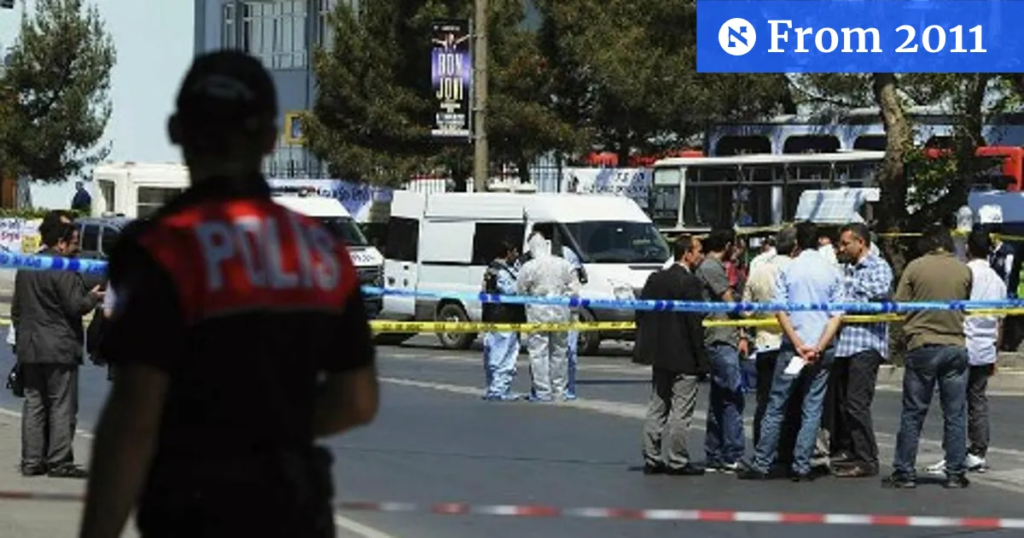
In 2011, an attempted assassination of an Israeli consul in Istanbul underscored the ongoing threats faced by Israeli officials abroad. The plot was linked to militant groups opposing Israel’s actions in the region and highlighted the risks associated with diplomatic missions in hostile environments. Although the assassination was thwarted, the incident revealed the persistent dangers that Israeli representatives encounter and the extent to which extremist groups are willing to go to target individuals associated with the Israeli government.
29. 2012: Failed Attempt to Bomb Bangkok Tourism Site
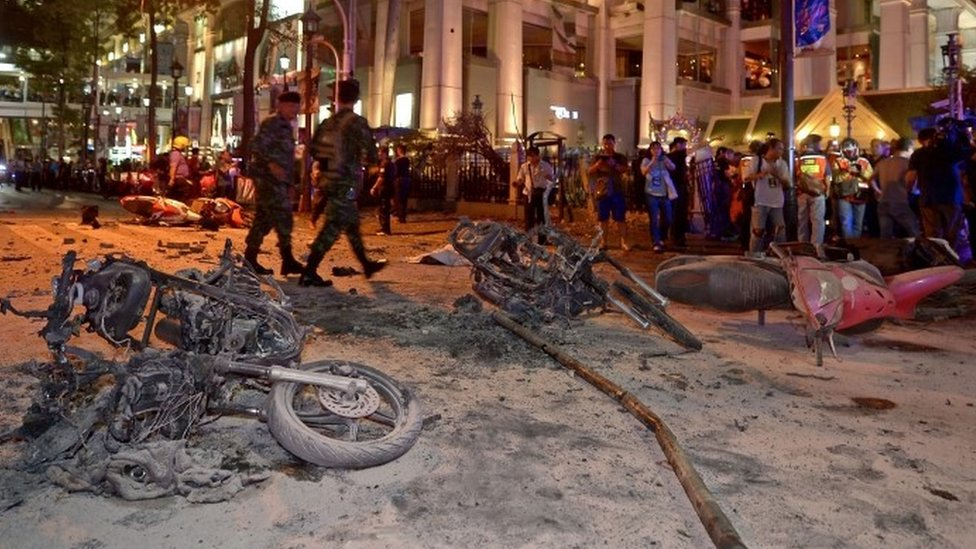
In 2012, a failed attempt to bomb a Bangkok tourism site frequented by Israelis demonstrated the continuing threat of terrorism targeting Israeli citizens worldwide. The planned attack reflected the strategies of militant groups aiming to strike at Israel’s presence abroad and instill fear among travelers. Although the bombing did not occur, the incident highlighted the vigilance required by security forces to thwart potential terrorist plots and the ongoing global reach of anti-Israeli sentiment.
30. 2012: Failed Attack on Israeli Ambassador to Azerbaijan
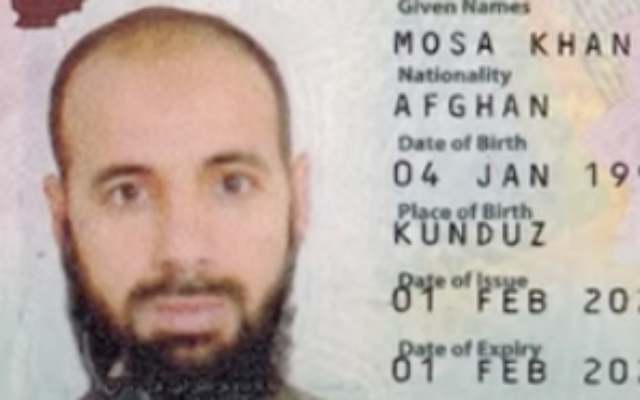
Later in 2012, there was a failed attack on the Israeli ambassador to Azerbaijan, revealing the precarious situation for Israeli diplomats even in countries traditionally viewed as allies. The attempted assassination was attributed to elements with ties to Iranian interests, showcasing the geopolitical complexities in the region. This incident illustrated the pervasive risks associated with diplomacy in areas where regional tensions remain high and the potential for violence is always present.
31. 2012: Suspected Attack on Israeli Embassy and Defense Minister in Georgia and India
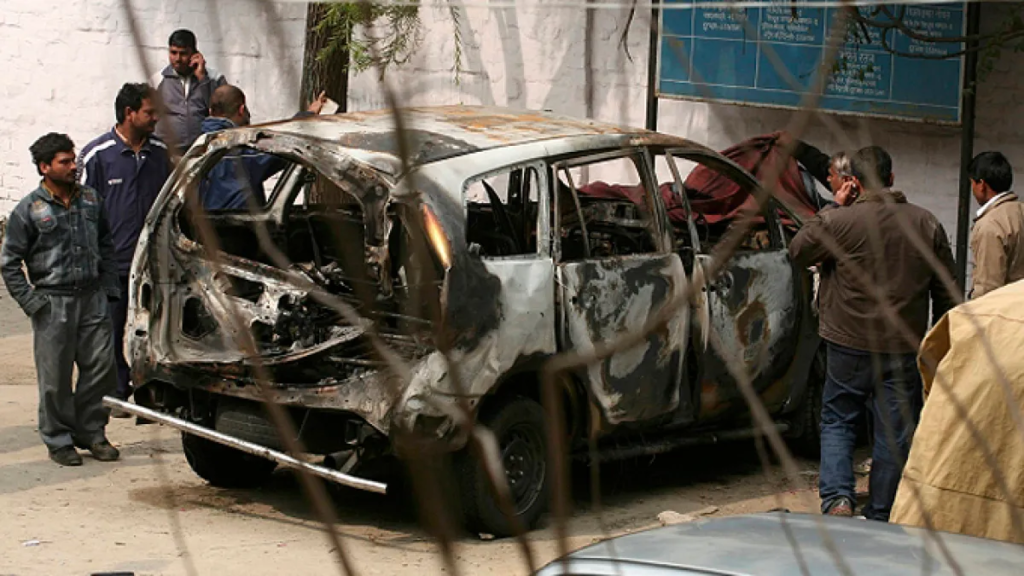
In 2012, suspected attacks were directed at the Israeli embassy and the defense minister in both Georgia and India, highlighting the ongoing threats against Israeli officials. These incidents were part of a broader pattern of targeted assaults against Israeli diplomats and military personnel around the globe. The attempts underscored the challenges faced by Israel in securing its officials abroad and the lengths to which hostile actors would go to undermine Israeli interests.
32. 2012: Suspected Planting of an IED on an Israeli Vehicle in Bangkok

In the same year, a suspected planting of an improvised explosive device (IED) on an Israeli vehicle in Bangkok underscored the ever-present threat of terrorism aimed at Israeli nationals. The thwarted attack demonstrated the vulnerabilities of Israeli expatriates in foreign countries and the ongoing efforts by hostile entities to target them. Such incidents reinforced the need for heightened security measures to protect Israeli citizens traveling abroad, as well as the ongoing risks of violence in increasingly globalized conflicts.
33. 2012: Suspected Suicide Bombing on Bus of Israeli Vacationers in Bulgaria
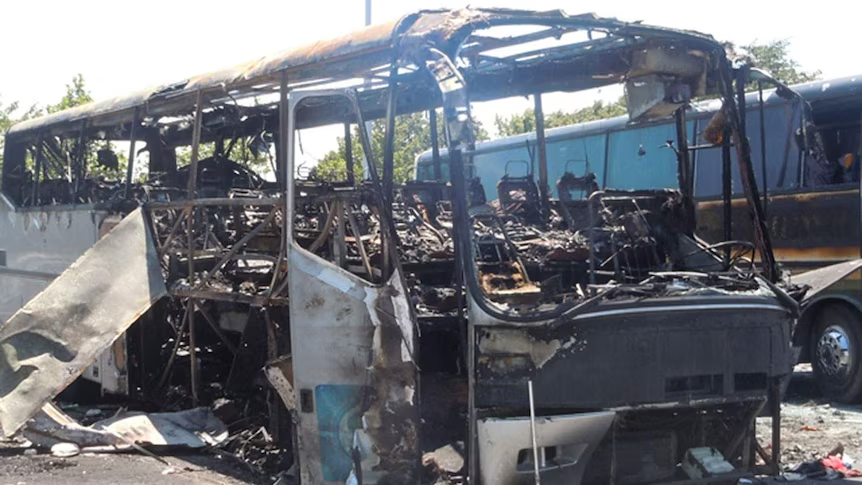
The year 2012 also saw a tragic suspected suicide bombing on a bus carrying Israeli vacationers in Bulgaria, resulting in the deaths of six individuals. This attack, claimed by Hezbollah, marked one of the deadliest assaults on Israeli citizens abroad in recent years. The bombing raised alarms about the safety of Israelis traveling internationally and highlighted the ability of militant groups to plan and execute attacks beyond their immediate territories. The incident led to calls for increased security measures for Israeli travelers and a reevaluation of counter-terrorism strategies aimed at protecting citizens from such threats.
34. 2014: Failed Attempt to Attack Israelis in Bangkok Over Passover

In 2014, a failed attempt to attack Israelis in Bangkok during the Passover holiday underscored the persistent threats faced by Israeli citizens, especially during significant cultural and religious events. Authorities intercepted the planned assault, which was believed to be orchestrated by extremist groups targeting the Jewish community. This incident not only highlighted the vulnerabilities of expatriate Israelis but also illustrated the broader challenges of global security in preventing acts of terrorism against civilians during moments of celebration.
35. 2015: Failed Attempt to Stockpile Bombs in London
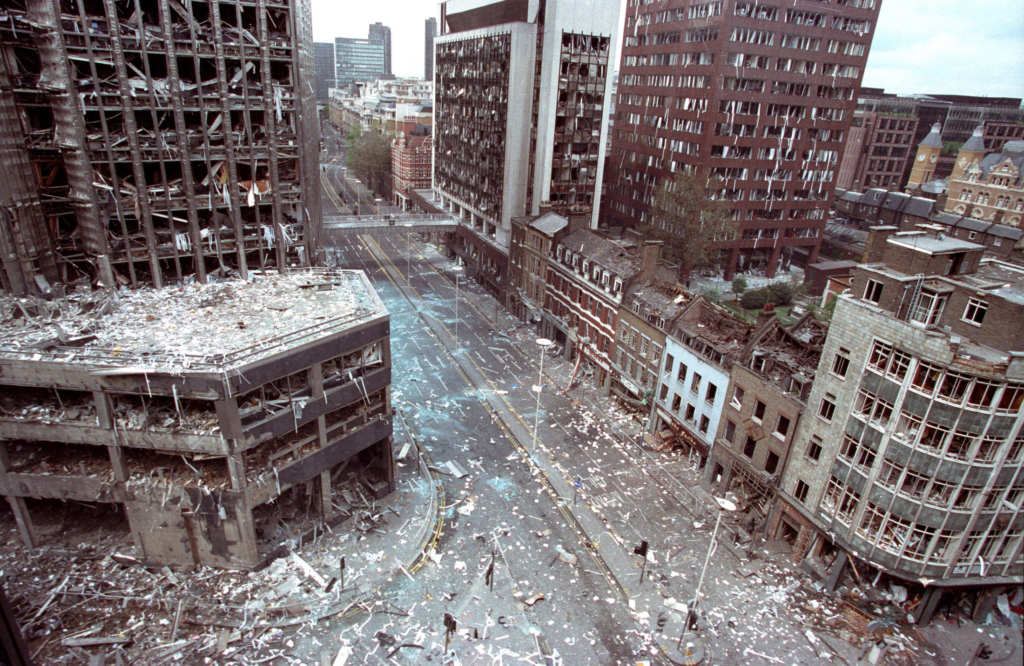
In 2015, authorities thwarted a significant plot to stockpile bombs in London, linked to individuals with radical ideologies aiming to target Jewish and Israeli interests in the city. This failed attempt exposed the ongoing threat of terrorism within major urban centers and the efforts by security services to disrupt potential attacks. The incident prompted a heightened focus on monitoring extremist networks and highlighted the importance of international cooperation in addressing the threats posed by radicalized individuals.
36. 2015: Failed Attempt to Stockpile Bombs in Cyprus
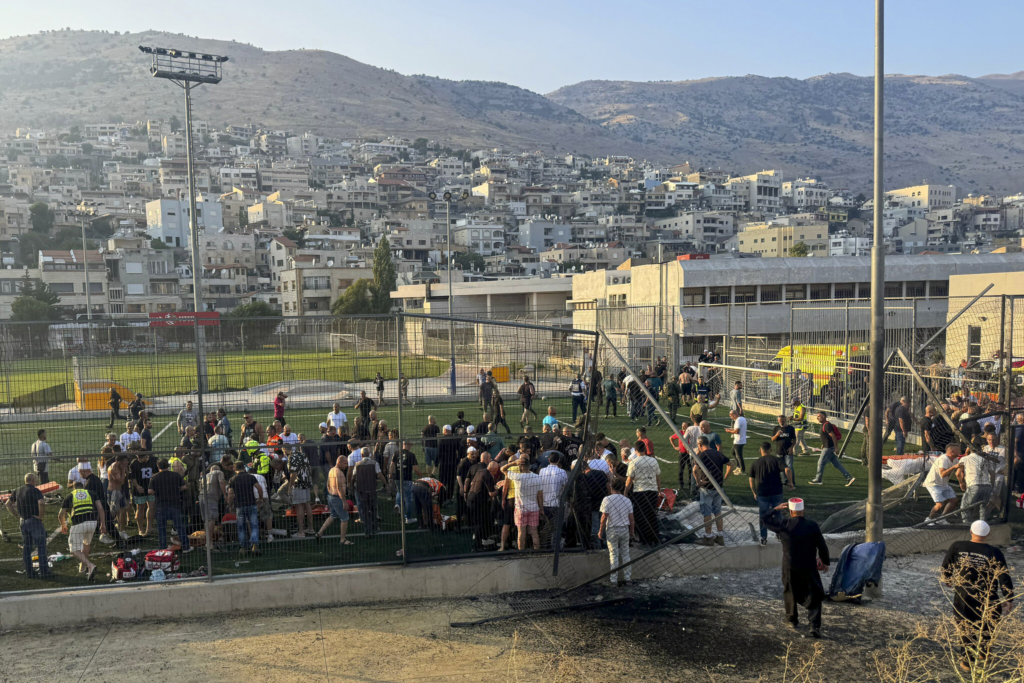
Later in 2015, another failed attempt to stockpile bombs was uncovered in Cyprus, with links to organized groups targeting Israeli citizens. This plot demonstrated the geographical spread of anti-Israel sentiment and the willingness of militant factions to plan attacks in locations perceived as vulnerable. The interception of this plot illustrated the critical role of intelligence and law enforcement agencies in detecting and dismantling potential threats before they could escalate into violence.
37. 2023: Failed Terror Attempt Against the Jewish Community in Brazil

In 2023, a failed terror attempt against the Jewish community in Brazil highlighted the global nature of anti-Semitic violence and the targeting of Jewish populations abroad. Brazilian authorities acted swiftly to apprehend individuals involved in the plot, which was believed to be inspired by extremist ideologies. This incident underscored the need for vigilance and robust security measures to protect minority communities, as well as the importance of fostering intercommunal dialogue to combat hatred and intolerance.
38. 2024: Drone Attack at Druze Village in Northern Israel, 12 Killed
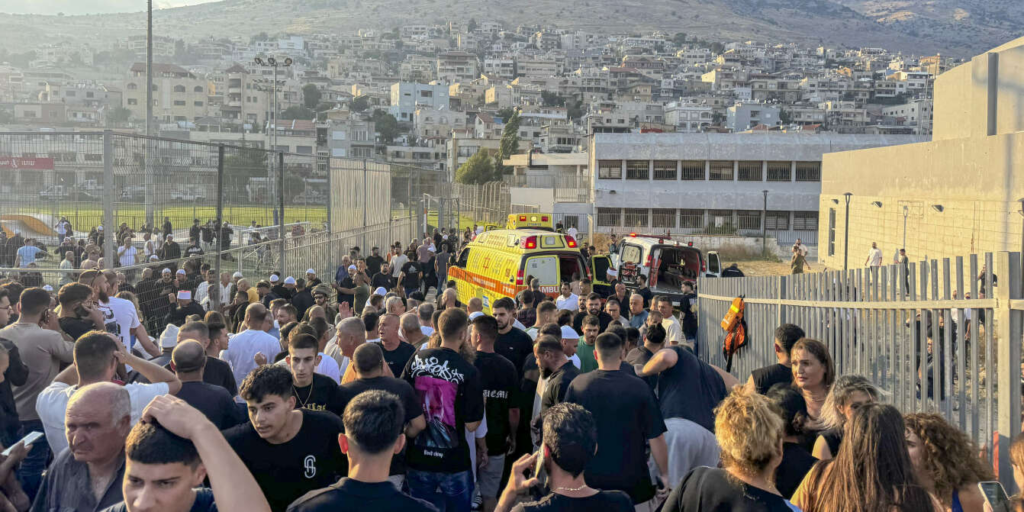
In 2024, a drone attack at a Druze village in Northern Israel resulted in the tragic deaths of 12 individuals, marking a significant escalation in violence within the region. This incident shocked the local communities and raised concerns about the increasing use of advanced technology in conflicts. The attack not only highlighted the fragility of security in Israel but also pointed to the complex interplay of ethnic and religious tensions that continue to impact stability in the area. As investigations unfolded, the incident emphasized the urgent need for comprehensive strategies to address rising violence and promote peace among diverse communities.

